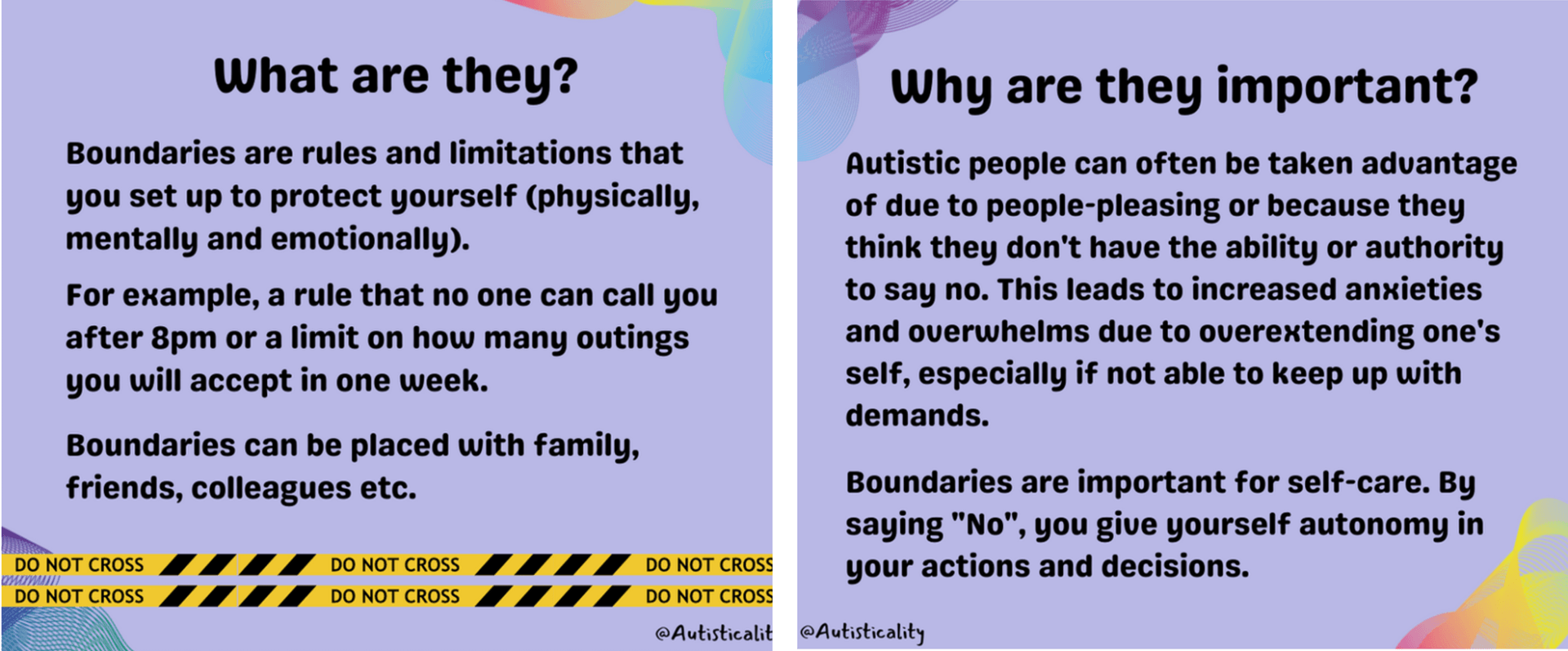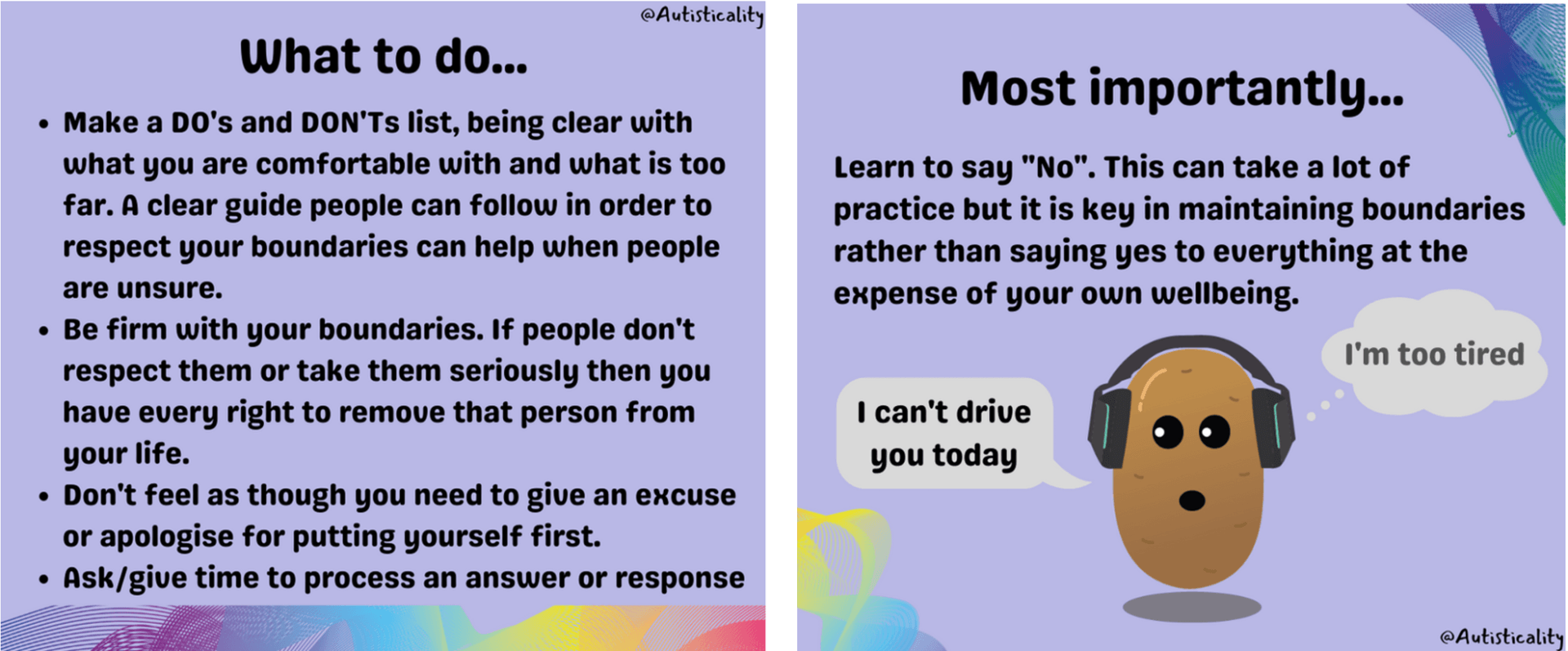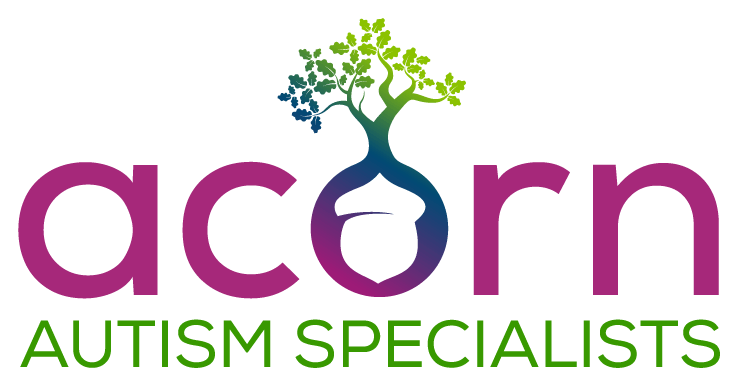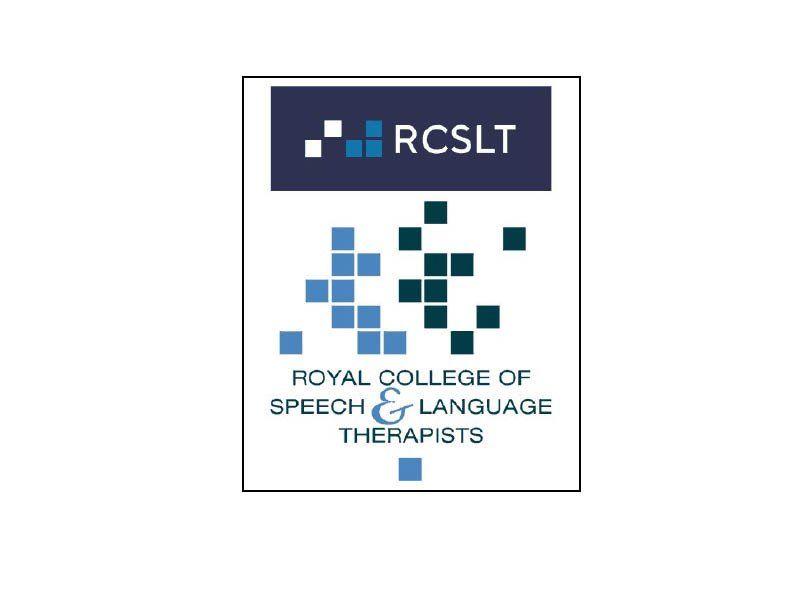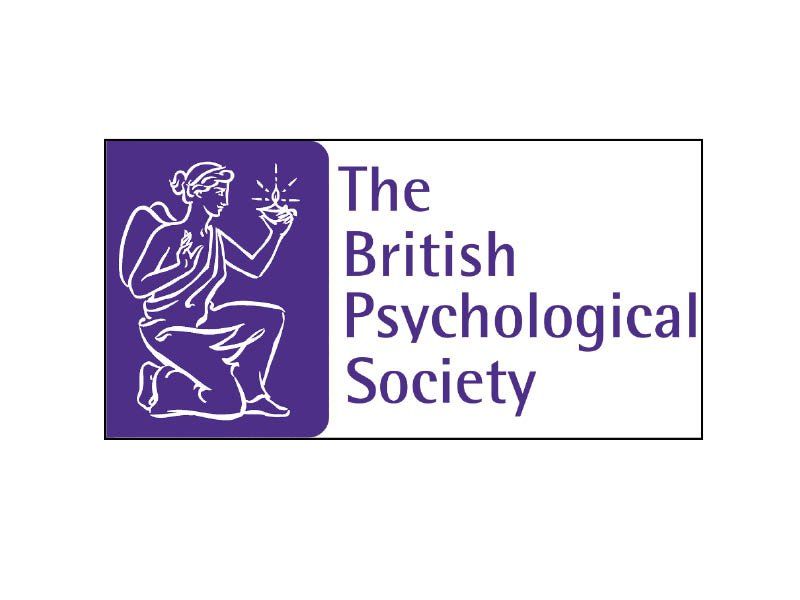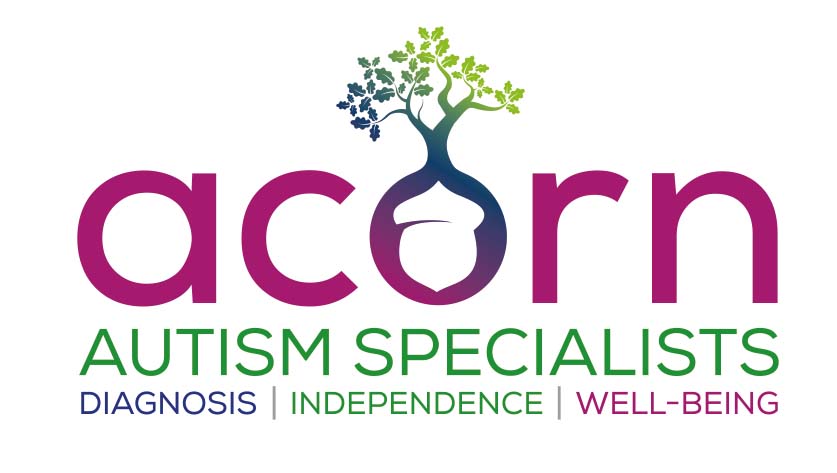Neurotypicals are frequently known for their incessant need for small talk, complex and often nebulous communication style and overwhelming and constant eye contact. They rely on the subtleties of body language and facial expression to communicate, rather than literally saying what they mean.
In comparison, many autistic people prefer to engage in well-referenced and meaningful topics, rather than engage in social chat, talking in a way which is open, honest and to the point. Sadly, however, this is often misinterpreted by others, understandably making social situations in a neurotypical world very challenging and stressful.
Some autistic people struggle to communicate. This may be because they are non-verbal and require a different mode of delivery, have executive functioning difficulties making it difficult to find the words quickly, or process what is being said. Stress and pressure to ‘perform’ often makes the communicative situations even harder. Often neurotypicals speak rapidly, and in abstract, indirect ways, using metaphors and analogies, which can be difficult to understand if you have a literal interpretation.
Social rules tend to be confusing, and different according to the person/people and context, and may be applied differently throughout a person’s life depending on their own personal experiences and learning. For example, as a child grows, becomes a teenager, and then an adult, expectations evolve according to cultural, and psycho-social rules into what is perceived as being ‘normal’ or acceptable behaviour. These constantly changing social rules in a neurotypical world, makes it difficult to re-assess, respond to, and understand the underlying motives of others, making autistic people more vulnerable to both being abused or making social mistakes, which can lead to relationship difficulties.
Autistic Boundaries
